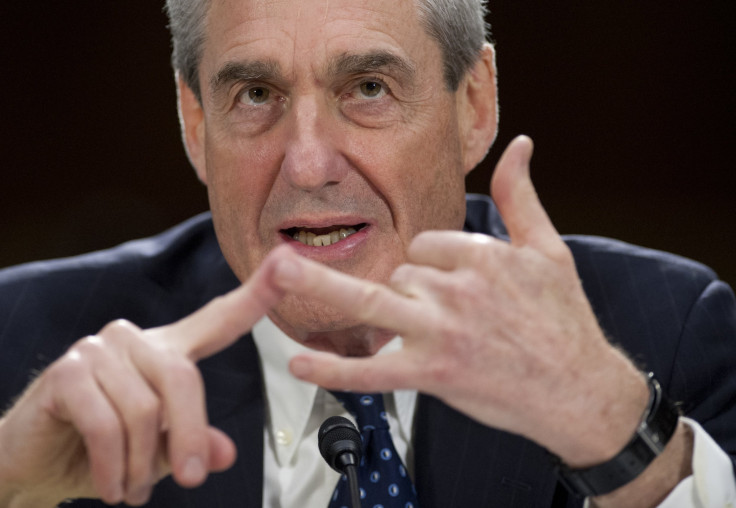Facebook Gave Mueller Information On Russian Ads It Found On Platform

Facebook released to FBI Special Counsel Robert Mueller records of ads and other information it found on its platform which traced back to a Russian troll farm, as well as information on accounts that brought the ads to American voters, according to the Wall Street Journal and CNN.
Mueller got the records after obtaining a search warrant for information on the fake accounts that Facebook said it shut down. The records given to Mueller provide much more details than what the social media platform said last week to Congress.
Facebook told Congress last week it found about $100,000 in ad spending from June 2015 to May 2017, which were linked to 3,000 ads. The propaganda was traced back to nearly 500 inauthentic accounts and pages, the company said.
“Our analysis suggests these accounts and Pages were affiliated with one another and likely operated out of Russia,” Facebook said last week.
The information Facebook gave to Mueller included copies of the ads and information about how the inauthentic accounts bought them and how they targeted the propaganda, according to the Journal, which first reported the disclosure. The social platform’s policy says it would only turn over "the stored contents of any account," including messages and location data under a search warrant.
Facebook didn’t share the same information with Congress partly because of concerns of disrupting the special counsel’s investigation and because of U.S. privacy laws. During the talks with Congress, the tech company deviated from talking specifically about the ad buys.
Some lawmakers were unhappy with the lack of information divulged by Facebook. Sen. Mark Warner, D-Va., who’s on the Senate Intelligence Committee, suggested the committee may call Facebook, Twitter and other social media companies in for more information.
The warrant obtained by Mueller means his team now has more information to look into how Russia used social media to meddle in last year’s presidential election.
“Mueller clearly *already* has enough information on these accounts -- and their link to a potential crime,” tweeted Asha Rangappa, a former FBI counterintelligence agent. “To justify forcing FB to give up the info. That means that he has uncovered a great deal of evidence through other avenues.”
President Donald Trump’s team has denied working with Russia to win the presidency, while Russia has previously said it did not meddle with the U.S. election.
What Facebook Revealed About The Ads
Facebook said the ads from inauthentic accounts did not mention Trump or former Secretary of State Hillary Clinton. Instead, the ads focused on spurring divisive social and political views, from topics like LGBT, race, immigration and the Second Amendment. Facebook said approximately one-quarter of the ads were geographically targeted and ran mostly in 2015 rather than 2016.
“We have shared our findings with US authorities investigating these issues, and we will continue to work with them as necessary,” Facebook Chief Security Officer Alex Stamos said in a post last week.
The company also listed out steps it has implemented towards curbing fake accounts and stories on the platform.
“We know we have to stay vigilant to keep ahead of people who try to misuse our platform,” said Stamos.
© Copyright IBTimes 2024. All rights reserved.











